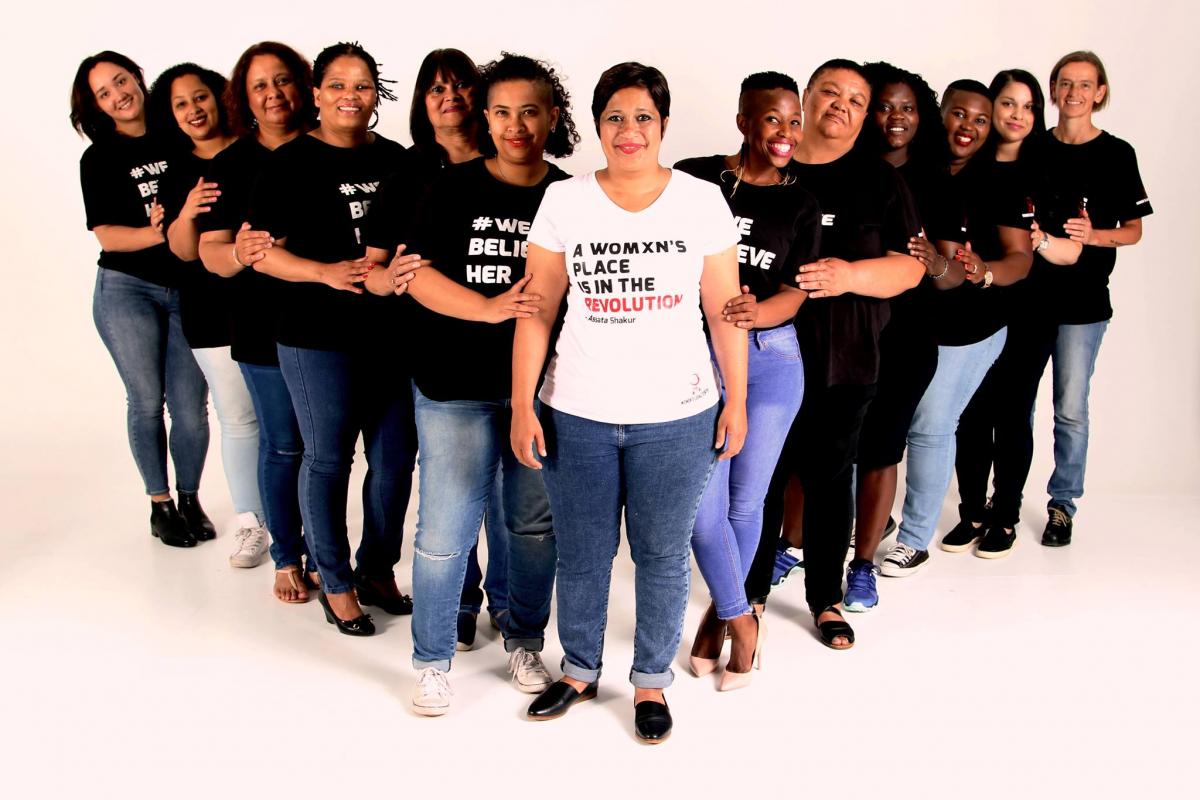Women fight for right to safety
Women fight for right to safety JoyIn South Africa women often struggle to find access to the justice system. In cases of Gender-Based Violence, a lack of financial resources and access to quality legal services works against many women.
For more than 20 years, the Women’s Legal Centre (WLC) has fought for the rights of marginalised women. An all-women team of advocates, attorneys and other legal professionals works in various areas, including the prevention of violence against women.
 “We have a regular and free service where women can come into our offices or call us to receive free legal advice. We also coordinate two free legal advice clinics in Khayelitsha and at the Cape Town Magistrates’ Court. If we are unable to assist women, we refer them to the relevant government department, non-governmental organisation, law centre or court,” explains WLC Director Seehaam Samaai.
“We have a regular and free service where women can come into our offices or call us to receive free legal advice. We also coordinate two free legal advice clinics in Khayelitsha and at the Cape Town Magistrates’ Court. If we are unable to assist women, we refer them to the relevant government department, non-governmental organisation, law centre or court,” explains WLC Director Seehaam Samaai.
“In South Africa, women face grave violations of their rights to safety and dignity, which impacts negatively on women and society at large. We attend to cases that combat the infringement of these rights, and improves the access of women and (girl) children to state protection from violence, particularly sexual and domestic violence,” Samaai says.
The centre has achieved a number of victories in the courtroom which have advanced women’s rights and played a role in strengthening the legal system to crack down on GBV.
In 2017 and 2018, the WLC was involved in the case against alleged sex offender Sidney Frankel. The court confirmed a change in the Constitution, which allows sexual offenders to be prosecuted 20 years after offences were carried out. Frankel was alleged to have sexually abused a number of children in the 1970s and 80s. In 2018, with the assistance of the WLC, a landmark ruling was made in the case, when the court ruled that section 18 of the Constitution was unconstitutional, and that all sexual offenders should be allowed to be prosecuted more than 20 years after an offence is carried out.
The WLC was also involved in developing regulations for the establishment of sexual offences courts.
Advocate Bronwyn Pithey, head of the Violence Against Women programme, said that the centre’s programme will continue holding the state accountable to address the high levels of violence against women in South Africa.
To contact the Women’s Legal Centre, call 021 424 5660 or email info@wlce.co.za.